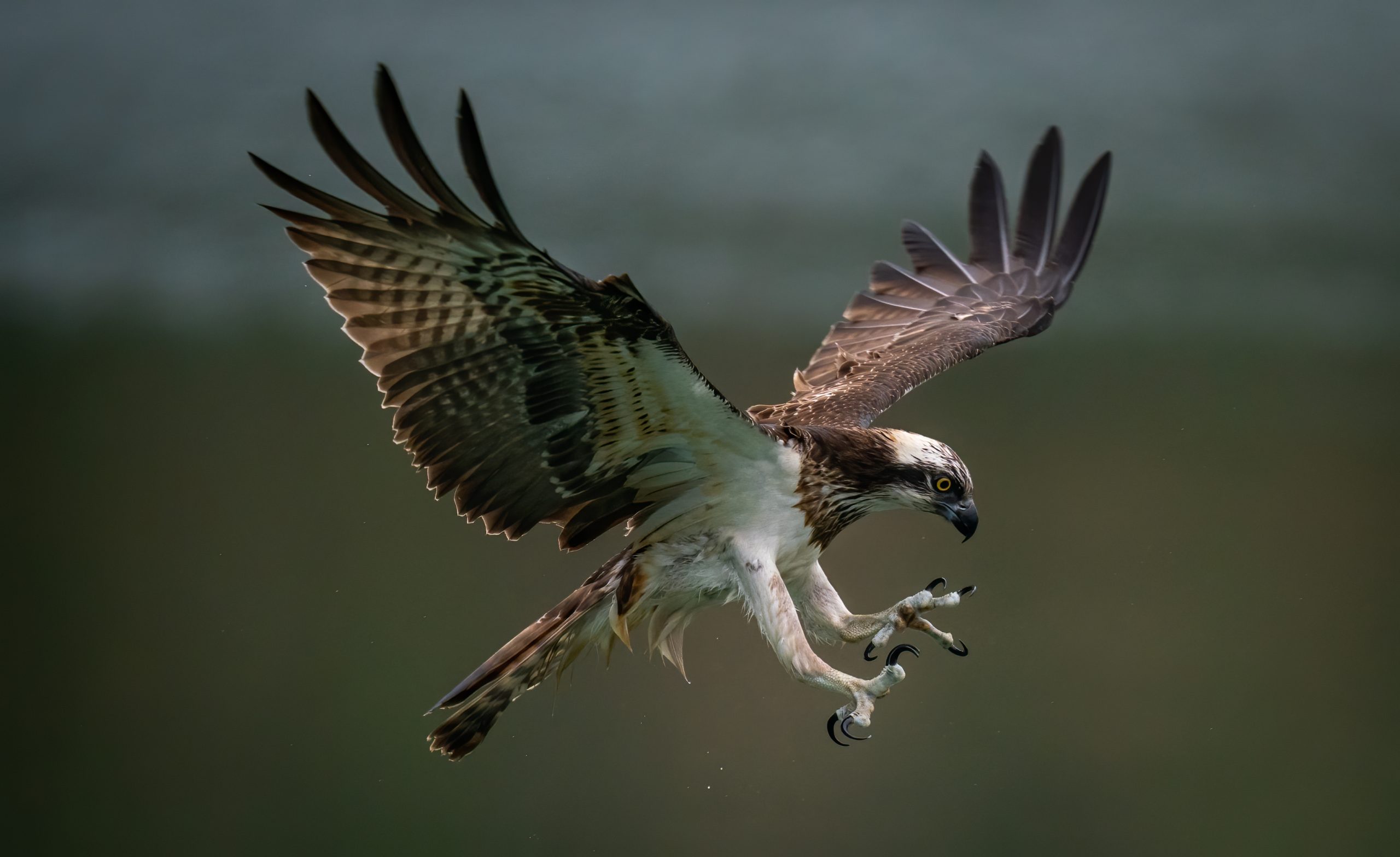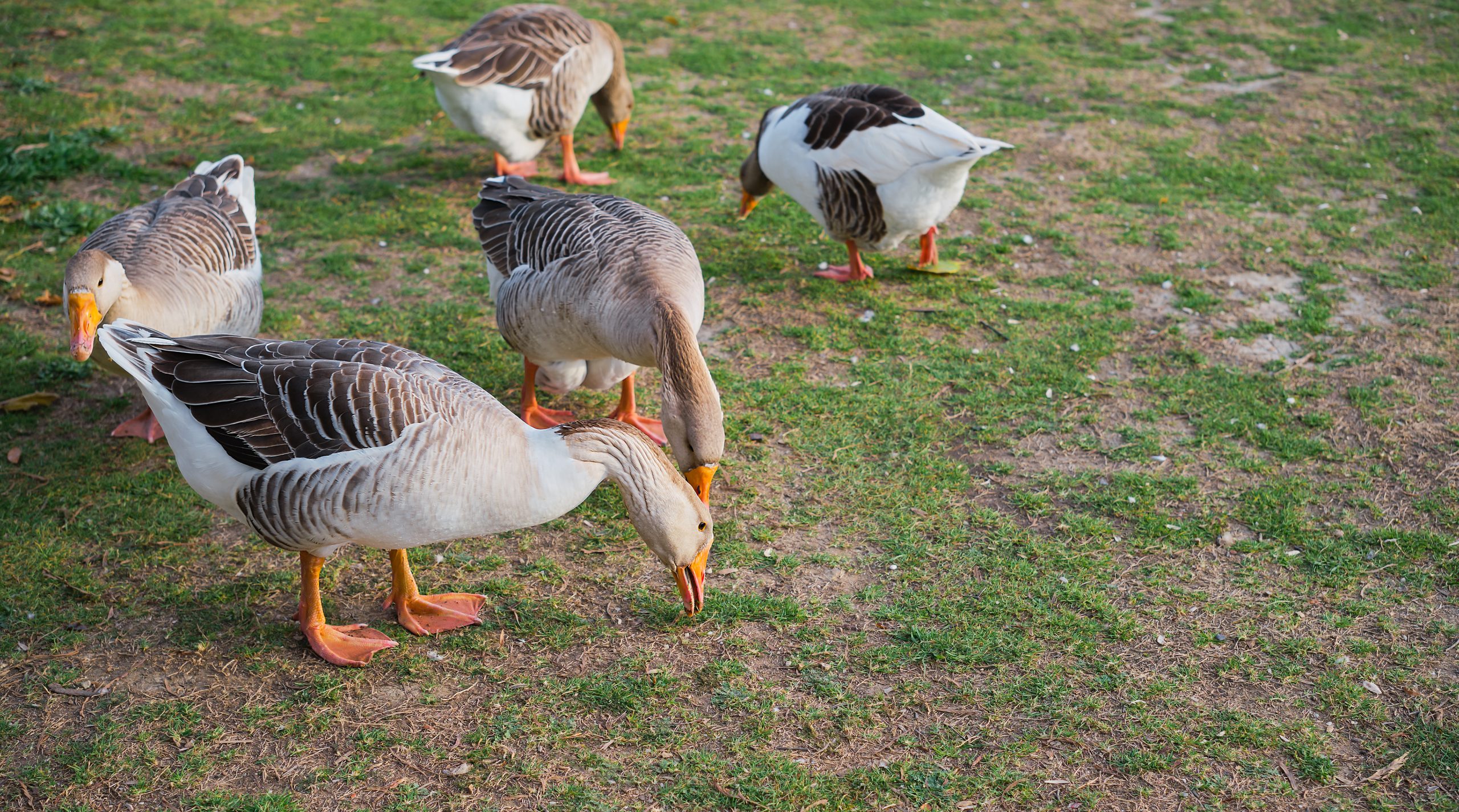Backyard bird feeders attract all manner of visitors beyond just songbirds. Occasionally squirrels may be witnessed apparently chasing down and making a snack of small garden lizards near bird food sources. This sparks questions around whether such behavior is common among squirrels and if lizards do indeed contribute to their diverse diets.
Significance of Lizards as Possible Squirrel Prey
Over 7,000 lizard species exist globally occupying varied habitats. Ranging from draco lizards gliding among rainforest trees to Gila monsters prowling Southwestern deserts, lizards adapted for speed and climbing evade many predators. Understandably their cryptic scurrying might attract the opportunistic interest of squirrels.
Some key facts around lizards:
- Abundant reptile group among terrestrial vertebrates
- Most species carnivorous eating insects and invertebrates
- Average adult lengths under 12 inches for commonly encountered varieties
- Distributed across tropical to temperate regions worldwide
With squirrels coexisting regionally with many small lizard species, overlaps enabling predator-prey interactions appear highly feasible. But does compelling evidence confirm such relationships?
Documented Cases of Squirrels Consuming Lizards
Surprisingly little formal research focuses specifically on squirrel interactions with lizards. However anecdotal reports do exist:
| ● Trail camera photos depicting apparent chasing of lizards by fox squirrels in New Mexico along canyon washes● Naturalist observations of burnt orange Antelope Ground Squirrels ambushing small Side-blotched lizards emerging from rock crevices in Arizona● Camper sightings of assumed predation events where California Ground Squirrels caught fleeing Western Fence Lizards near isolated human food waste receptacles |
So while limited, documentation does confirm occasionally aggressive squirrel-lizard encounters resulting in kills. But questions around driving factors and rates of occurrence persist.
What Stimuli Might Explain Squirrels Chasing Lizards?
Several hypotheses may explain what stimulates squirrels to hunt lizards:
High Protein Needs
Squirrel bone and muscle growth surges during springs might deplete normal seeds/nuts. Pursuing lizards addresses this seasonal protein gap.
Territorial Defense
Lizards encroaching on cached food supply zones prompt aggressive territorial actions from squirrels.
Opportunistic Feeding
Scarce normal food sources like during droughts or overpopulated areas with high squirrel competition overcome natural avoidance of unusual prey like lizards.
Of course quantifying exactly which scenarios occur most frequently requires more dedicated field study across squirrel taxa and lizard breeding ecologies.
Squirrel Capabilities Enabling Successful Lizard Hunting
Squirrels possess certain physical and behavioral adaptations potentially aiding part-time hypercarnivore behaviors like lizard stalking:
| ● Sharp claws providing traction scrambling over rocky outcroppings |
| ● Short yet muscular limbs able to lock jaws on writhing prey |
| ● Swift reflexes and flexible spine boosting speed maneuvering around vegetation |
| ● Scanning elevated “spy nests” optimizing sightlines to detect prey movements |
Of course quantifying the degree to which lizard predation occurs relative to squirrels’ predominantly vegan menu composed of fungi, seeds, nuts and fruit awaits future carnivory metrics analysis.
Nutritional Benefits Lizards Could Potentially Offer Squirrels
If squirrels consistently feasted on lizards, what key nutrients might this confer?
Protein
Meat obviously provides essential amino acids for muscular squirrel feats beyond carbohydrate-rich diets.
Vitamin D
Ultraviolet light exposure generates Vitamin D in lizards, aiding calcium absorption lacking in rodent diets.
Micronutrients
Minerals and compounds concentrated moving up food chains to tertiary carnivore levels may support squirrel neurological functions.
But without stomach content studies, assigning quantitative nutritional advantages remains hypothetical.
Risk Tradeoffs Squirrels Face Hunting Lizards
Seeking an occasional lizard snack poses some dangers to squirrels as well however:
| ● Toxicity from gila monsters and beaded local varieties |
| ● Injuries like blinded eyes or bitten paws/tails from writhing prey |
| ● Increased parasites like ticks from encroaching into reptile microhabitats |
Weighing these costs against uncertain benefits suggests lizards offer only occasional squirrel delicacies, not dietary staples.
Frequently Asked Questions About Squirrels Eating Lizards
What US states host most reports of squirrel attacks on lizards?
California, Arizona, and New Mexico generate the greatest number of documented sightings of presumed predatory squirrel-lizard interactions based on both species richness numbers and local naturalist observer concentrations.
When are baby lizards most vulnerable to squirrel predation?
Neonate lizards emerging after recent hatches struggle fleeing bipedal squirrel lunges. Late spring births fueling experiemntal juvenile squirrel hypercarnivory likely enable most opportunistic lizard captures.
How often do urban squirrels pursue lizards versus rural ones?
Rates likely prove higher for suburban squirrels facing human food scarcity and lizard encroachment. Rural red squirrels may seldom divert from strategically hoarded seed stockpiles to hunt evasive lizards without energetic reward guarantees.
Could climate change potentially increase squirrel attacks on lizards?
Yes, habitat loss concentrating remaining oases may increasingly force squirrel-lizard territorial overlaps, stoking competition and carnivory risk during extreme weather events or prolonged seasons.
What should I do if I witness prolonged squirrel attacks on lizards?
Separating food sources drawing squirrels to lizard microhabitats reduces likelihood of observing rare predatory behavior. Securing trash while improving local habitat heterogeneity minimizes risky contact encouraging exceptional squirrel hypercarnivory.
Conclusion
In summary, while fascinating when observed in backyard settings, squirrels leveraging their quick reflexes and sharp claws to chase down small lizards occurs quite uncommonly relative to their normal fungal and plant diets. Quantifying exactly which seasonal conditions, territorial factors, and nutritional deficits might periodically motivate such predatory squirrel-lizard dynamics would further illuminate the likelihoods of such interactions. But given the risks also faced by squirrels pursuing evasive reptile prey, lizards likely supplement rather than displace primary squirrel food sources like acorns and hickory nuts constituting calorically wise choices. So balance curiosity when witnessing backyard predator-prey drama with recognizing prevailing squirrel herbivore dispositions.



